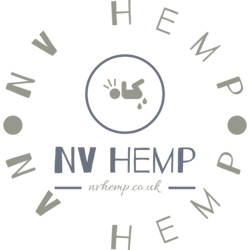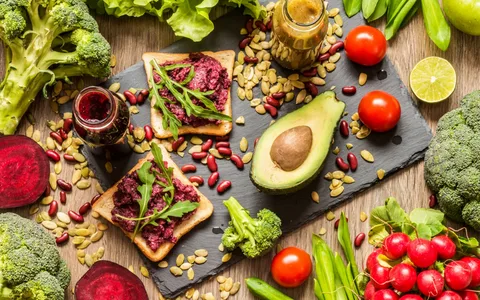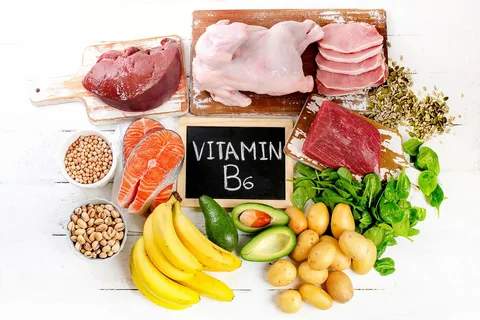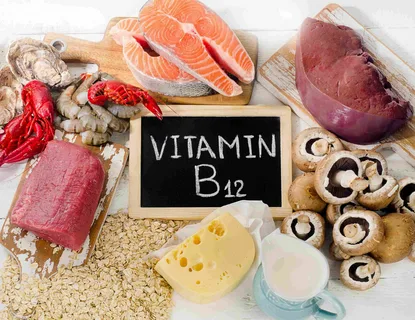Introduction to Vegan Nutrition and Vitamins
As more people adopt vegan lifestyles, understanding the unique nutritional needs of vegans becomes crucial. While a well-planned vegan diet can be nutritious, certain vitamins may be challenging to obtain solely from plant-based foods. Vitamin supplements play a vital role in helping vegans meet their nutritional requirements effectively.
Why Are Vitamin Supplements Important for Vegans?
FAQs
What vitamins are commonly lacking in a vegan diet?
Vegans may have difficulty obtaining adequate amounts of vitamin B12, vitamin D, omega-3 fatty acids, iron, zinc, calcium, and iodine solely from plant-based sources.
Why is vitamin B12 crucial for vegans?
Vitamin B12 is primarily found in animal products and fortified foods. Since it’s essential for nerve function and DNA synthesis, vegans are advised to supplement with vitamin B12 to prevent deficiency.
How can vegans ensure they get enough vitamin D?
Vitamin D is mainly obtained through sunlight exposure and fortified foods. However, due to limited sun exposure and fewer fortified options in vegan diets, supplementation is often recommended, especially in regions with limited sunlight.
What role do omega-3 fatty acids play in vegan nutrition?
Omega-3s, particularly EPA and DHA, are predominantly found in fish. Vegans can consume ALA (from flaxseeds, chia seeds, and walnuts), but conversion to EPA and DHA is inefficient. Therefore, vegan omega-3 supplements derived from algae are beneficial.
Is iron intake a concern for vegans?
Plant-based iron (non-heme iron) is less readily absorbed than heme iron from animal products. Combining iron-rich plant foods with vitamin C can enhance absorption. Iron supplements may be necessary for some vegans, particularly women of reproductive age.
What are good sources of calcium for vegans?
Calcium-fortified plant milks, tofu, and leafy greens like kale and collard greens are sources of calcium for vegans. However, calcium supplementation may be considered to ensure adequate intake, especially if these foods are not regularly consumed.
Why is zinc important in a vegan diet?
Zinc absorption from plant foods (due to phytates) may be lower. Including zinc-rich foods like legumes, nuts, and seeds is important. Zinc supplementation can help meet daily requirements for optimal immune function and wound healing.
Do vegans need iodine supplements?
Iodine content in plant foods varies based on soil content. Vegans should ensure adequate iodine intake through iodized salt or seaweed, or consider iodine supplements if intake is insufficient.
How does vitamin supplementation benefit overall health for vegans?
By addressing potential nutrient gaps, supplements support overall health, including immune function, bone health, energy metabolism, and nervous system function.
Are there risks associated with vitamin supplementation for vegans?
Excessive supplementation can lead to toxicity, especially fat-soluble vitamins like vitamin A and D. It’s essential for vegans to follow recommended dosages and consult healthcare providers for personalized advice.
What should vegans consider when choosing vitamin supplements?
Look for supplements labeled vegan, which exclude animal-derived ingredients like gelatin or fish oils. Opt for reputable brands that undergo third-party testing to ensure quality and safety.
Conclusion
In conclusion, while a vegan diet offers numerous health benefits, supplementing with vitamins is often necessary to prevent deficiencies and support overall well-being. By understanding which nutrients may be lacking and choosing appropriate supplements, vegans can optimize their nutritional intake and thrive on a plant-based diet. Always consult healthcare professionals for personalized advice regarding supplementation.
- Sapiosexuality: When Intelligence Sparks Attraction - May 31, 2025
- Light Eyes Ultra – Dark Circles Treatment Near Kenley, Surrey - May 30, 2025
- The Emotional Toll Of Breadcrumbing And How To Reclaim Your Power - May 30, 2025



